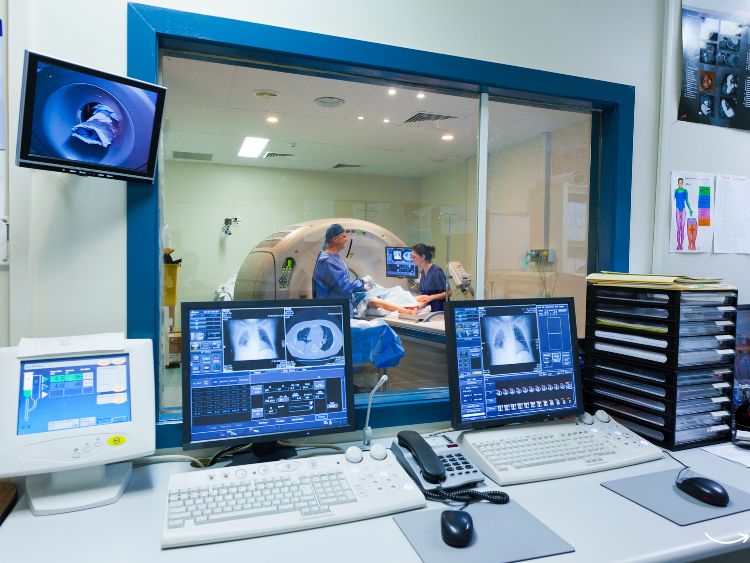What Determines Success and Failure with Tooth Implants?
Tooth Implants can often be presented to patients as the perfect or similar replacement for missing teeth. Patients are usually not informed of the potential risks and subsequently do not prepare themselves adequately for failure. Although implants have a high success rate, they are not always successful; thus patients must remain mindful that Dental Implants could fail at any given time. Proper placement of Dental Implants provides secure, dependable security and aesthetic appeal if done correctly.
Tooth Implants have come a long way since their 1950’s origins, with technology constantly improving and improving upon each other. While some new ideas that are well-marketed may not always improve or worsen performance, this is not an uncommon occurrence.
What causes Tooth Implant Failure? Tooth implant failure is more likely when several factors are taken into account. When not managed properly, however, they can become a risky option. According to different studies, Tooth Implants have an success rate of 90-95 percent, though actual healing rates often fall closer to 95 percent. Even with the best estimation and maximum mobility, some fractures do not heal completely. Non-union (meaning healing hasn’t started) or fibrous union (where scar tissue replaces bone between fractures) are possible outcomes. According to some estimates, fibrous unions or non-unions could occur at up to 5 percent rate depending on the fracture and its location – similar to Tooth Implants failure rates).
Principles of healing a fracture and implant healing are similar. To achieve successful osseointegration, the bone must match up with the surface of the implant and bond to it. Without this match, bone may not integrate correctly as in non-unions; instead of having bone surrounding the implant, you will experience fibrous Encapsulation–much like fibrous union that occurs in fractures.
Implant failure is commonly due to diabetes that isn’t controlled, bone or congenital disorders, certain drugs like glucocorticoids (prednisone), immunosupressants and bisphosphonate medications like Zometa Fosamax Actonel Boniva Fosamax Actonel); smoking and poor hygiene could increase the chances of implant failure as well. Patients taking these medications must inform their implant surgeon so they can create an individualized treatment program.
Tooth Implant Failure Can Occur for Various Reasons
Tooth implant failure may occur during or after healing, depending on when it was placed and when its crown was connected to the implant. Late failure refers to any time when your tooth no longer functions and the implant has become compromised.
Early failure may be due to:
These problems usually develop shortly after implant placement and are caused by:
- Due to inadequate irrigation, the bone can become overheated during surgery. A lot of force must be applied when placing these implants (too tightly fitting implants may lead to bone resorption).
- In order to properly place dental implants, sufficient force must be applied (too loosely fitting implants could lead to immobilization and poor healing).
- Implant infections that involve connective tissue or scar tissue surrounding the implant (instead of bone) may lead to infection.
Bone of Poor Quality
Excessive forces during osseointegration. (During healing, the implant remains functional but unmobile – meaning bone does not connect to it) Insufficient compliance with postoperative medications and/or directions Tooth Implants are not uncommon and may lead to rejection due to an allergy to titanium alloy.
Poor hygiene is often to blame for dental patients’ late successes. Without proper care, some may end up losing their teeth altogether. Unfortunately, many people continue this bad habits even after having implant surgery – sometimes because the implant simply feels too heavy to bear. Patients with higher bite forces may require additional implants in order to distribute the force more evenly. Implants could potentially fail due to this lateral force, so it’s best to load implants and teeth straight up and down (axially). Implants and teeth that are loaded lateral or tangentially could weaken bone, potentially due to improper placement or inadequately designed prosthetic teeth, devices, or teeth. Implants may fail for various reasons. Certain causes can be avoided or controlled, while others are harder to avoid. What can patients do to increase their chances of success and reduce the chance of a failed implant? Patients should practice discipline with medications and adhere to all instructions provided. Secondly, they should cease smoking altogether.
Finding the ideal surgeon and dentist is paramount for successful surgery. Make sure your implant surgeon, which includes Periodontists and Oral Surgeons, has certification. As for dentists who will repair (put the tooth onto it), inquire about their credentials as well. Ask lots of questions; request before-and-after photos, as well as customers’ opinions on outcomes.
Implantology (placing of implants) is a complex and technical procedure. A well-planned and skilled procedure are essential to achieve success. While training is necessary, having some knowledge in your desired field could make the experience more beneficial. Make sure your dentist is board certified and how long they have been implanting Tooth Implants; additionally, inquire whether they collaborate with restorative dentists.


